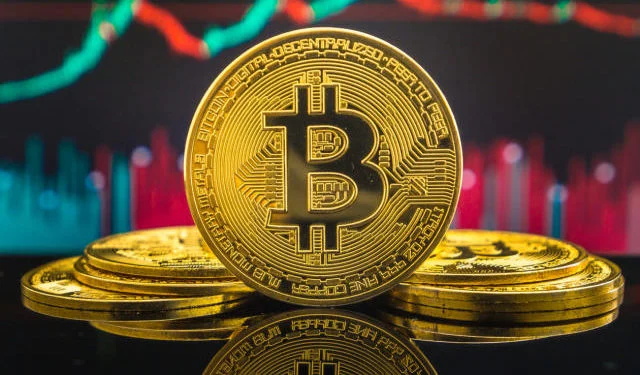The exchange is a vital component of the financial system of modern society. It provides investors with an effective and safe trading platform and promotes economic development and capital flow. As the number of exchanges continues to increase, investors also face certain difficulties when choosing formal exchanges. This article will introduce the background and functions of the exchange and discuss the formality of the exchange.
An exchange is a financial institution whose definition and role is to provide trading platforms and related services for financial products such as stocks, futures, and foreign exchange. Its emergence enables investors to conduct buy and sell transactions in an open and transparent manner, thereby increasing the liquidity and effectiveness of the market. In addition to the trading platform, the exchange also provides services such as transaction settlement and information disclosure, providing convenience to investors. Through the exchange, investors can trade in a unified market, thereby improving market transparency and operability. In addition, the exchange also plays a role in regulating market order and safeguarding the rights and interests of investors, and ensures fairness and safety in transactions by supervising and monitoring market behavior. In short, exchanges play an important role in the financial market, providing investors with a safe, fair and transparent trading environment.
Formal exchanges should have the following important characteristics. First, formal exchanges must be supervised by legal regulatory agencies and regulatory frameworks. The responsibility of regulatory agencies is to ensure that transactions on exchanges are safe and fair while complying with market rules and laws and regulations. Secondly, exchanges must establish strict listing review and supervision systems to ensure the financial transparency and compliance of listed companies. This can enhance investors' trust in the market and reduce investment risks. In addition, formal exchanges should be open and transparent and provide timely and accurate information disclosure so that investors can fully understand market dynamics and related risks. This can improve market transparency and protect the rights and interests of investors. By possessing these characteristics, formal exchanges can establish a healthy, orderly, and stable trading environment.
How to judge whether an exchange is legitimate? We can check the regulator of the exchange. Formal exchanges should be supervised by the government or financial regulatory agencies, such as the China Securities Regulatory Commission, the United States Securities Regulatory Commission, etc. Regulators ensure safe and fair transactions on exchanges by formulating and enforcing relevant regulations. We can judge the formality of an exchange by looking at its registered capital and fund operations. Formal exchanges usually have higher registered capital, are able to take greater risks, and protect the safety of investors' funds through risk management measures. A formal exchange should have a stable operating history and a good reputation. We can evaluate the formality of an exchange by looking at its establishment time, transaction size, and investor reviews.
Even formal exchanges cannot completely eliminate trading risks. Investors should remain vigilant when trading and understand market risks and investment product characteristics. Avoid blindly following trends and risky investments, formulate reasonable investment strategies, and choose exchanges and brokers carefully. Investors can improve their investment capabilities and risk awareness by learning relevant knowledge, consulting professionals, and participating in investor protection organizations.

Exchanges play a central role in financial markets and are crucial to economic development and capital flows. A formal exchange should have characteristics such as legal regulatory agencies, strict listing review and supervision systems, and open and transparent information disclosure. Investors should pay attention to factors such as regulatory agencies, registered capital, operating history and reputation when choosing an exchange to ensure safety and compliance. In addition, investors should maintain risk awareness and invest rationally, improve their investment capabilities and reduce transaction risks by studying and consulting professionals. Only by investing in a formal and safe exchange can you better protect your rights and interests and enjoy the benefits of investment.

The above is the detailed content of Is the exchange legal?. For more information, please follow other related articles on the PHP Chinese website!




